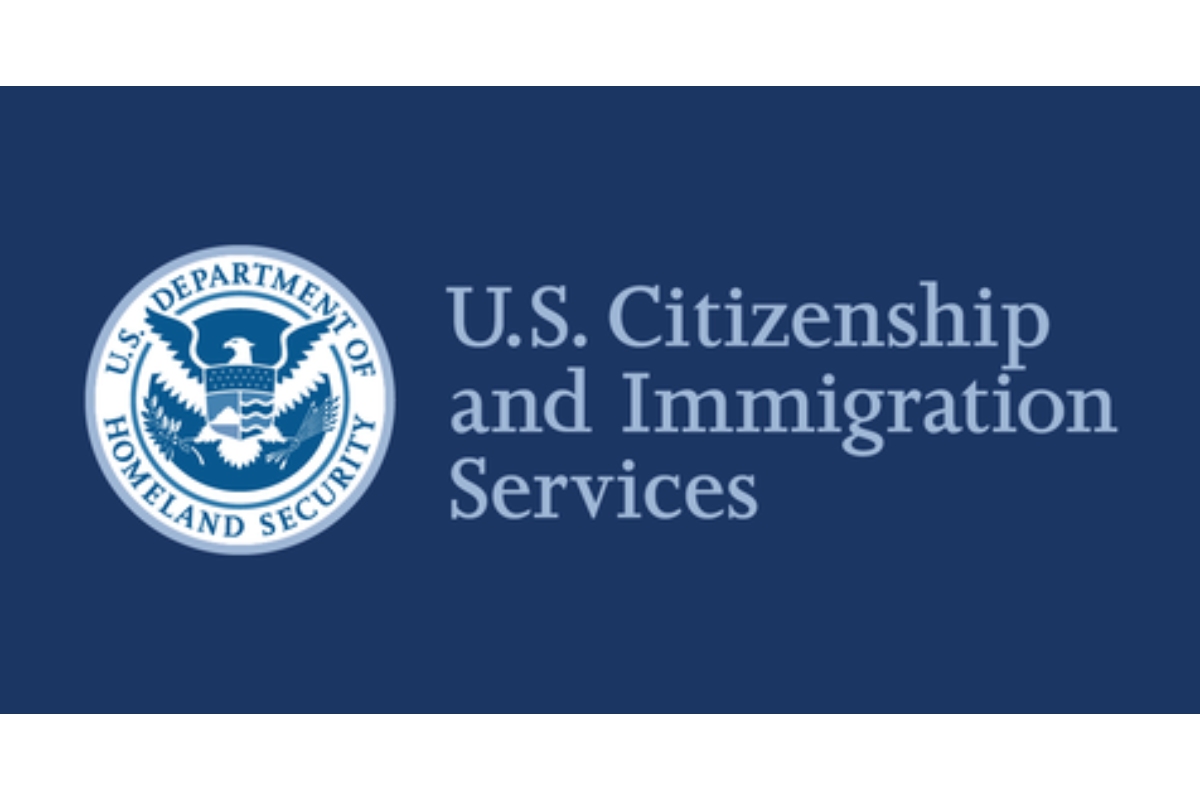US to screen for Anti-Americanism in immigration applications
The agency said anti-American activity will now count strongly against applicants in cases requiring discretionary judgment.
 USCIS logo / USCIS
USCIS logo / USCIS
U.S. Citizenship and Immigration Services (USCIS) updated its Policy Manual to instruct officers to consider “anti-American activity” as a factor in discretionary immigration benefit decisions.
The agency emphasized that such expressions will weigh heavily against applicants even if they otherwise meet eligibility standards.
Also Read: US rule change may end Green Card hopes for Indian-American kids
The updated guidance, effective Aug. 19, applies to both pending and new cases and supersedes previous instructions in the Policy Manual. It directs officers to assign significant negative weight to applicants’ past parole requests, involvement in anti-American or terrorist organizations, and evidence of antisemitic activity.
"USCIS is adding a new element to the naturalization process that ensures America’s newest citizens not only embrace America’s culture, history, and language but who also demonstrate good moral character." - USCIS spokesman Matthew Tragesserhttps://t.co/KW2IOelzli
— USCIS (@USCIS) August 20, 2025
USCIS has also expanded social media vetting to cover more categories of benefit requests, with reviews now explicitly screening for anti-American sentiment.
“America’s benefits should not be given to those who despise the country and promote anti-American ideologies. U.S. Citizenship and Immigration Services is committed to implementing policies and procedures that root out anti-Americanism and supporting the enforcement of rigorous screening and vetting measures to the fullest extent possible,” USCIS spokesman Matthew Tragesser said in a statement.
He reiterated that immigration benefits, including permission to live and work in the United States, remain a privilege and not a right.
The revised guidance also clarifies how discretion should be applied in adjudicating EB-5 investor petitions and other applications where issues of national security, fraud, misrepresentation, or criminal misuse are involved.
Officers are further instructed to weigh evidence of an applicant’s support for antisemitic terrorism, backing of antisemitic ideologies, or endorsement of terrorist groups.
The move comes as part of a broader tightening of immigration scrutiny under the current administration. Earlier this year, USCIS expanded “good moral character” assessments, requiring applicants not only to show the absence of wrongdoing but also to demonstrate affirmative contributions to the United States.
In parallel, international students seeking F, M, and J visas were directed to make their social media profiles public as part of enhanced vetting measures.
According to USCIS, the changes contained in Volume 1 of the Policy Manual apply immediately to all requests pending or filed on or after the date of publication.
ADVERTISEMENT
ADVERTISEMENT
E Paper
Video




1759953093.png) Staff Reporter
Staff Reporter













Comments
Start the conversation
Become a member of New India Abroad to start commenting.
Sign Up Now
Already have an account? Login